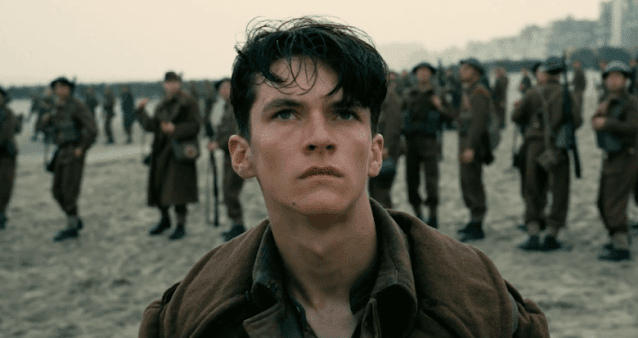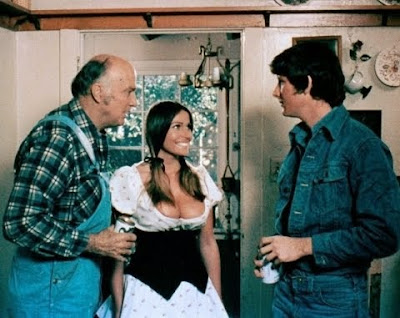Dunkirk
In their wild praise, some film critics and fans of writer/director Christopher Nolan have proclaimed his current film DUNKIRK as the best World War II film ever made. For the latter group, it's unsurprising. Have you encountered any Nolan fanboys on forums or social media? Defensive lot. They find no fault with their hero, no nitpicks of his works. As if he is criticism proof. No artist is or should be immune from reproach. I am a huge fan of David Lynch and am currently digesting his new Twin Peaks series, which has proven to be everything from mind blowingly brilliant to maddeningly amateurish, depending on the episode (even the scene). I have no hesitation in calling him out if I think he's failed in some fashion. To worship an artist is to be blind to his or her deficiencies. But also, to me at least, those shortcomings can be as intriguing as what makes them so renowned.
I can point out several deficiencies in DUNKIRK, mainly what isn't there that I think should be. I've seen numerous war films: everything from "B" programmers to works I would consider poetic. I, and apparently many others, have expectations for narrative and characterization. Mine would not be as comprehensive as perhaps that of other viewers. I don't need flashbacks, or characters sitting around and reminiscing. I don't need a lot of exposition. Yet, as the triptych of DUNKIRK's narrative was unfolding, I at times was craving some familiar meat. Nolan's film is a disorienting, battering experience (especially in IMAX, highly recommended. Hell, a must). You can surmise that that was the idea - just like that of the young British private who, after a stunning opening scene, escapes to the perimeter of the beach only to be plunged into a week long nightmare of narrow escapes on land and sea. He, like many thousands of others are trying to survive the Nazi invasion of France, awaiting evacuation. Nolan expertly stages a series of harrowing scenarios of sinking vessels, some torpedoed by U-Boats, others picked apart by Germans using the vessel for target practice.
Also at sea are an armada of private boats on orders of the Royal Navy to retrieve downed fighter pilots and other escapees - quite a remarkable story in itself. Nolan focuses on one vessel, commandeered by a middle-aged man who brings along his son and a young deckhand for the mission. This section will exemplify one of the film's main thrusts - that these men were never seeking individual adulation or glory, but always working for the greater good. History tells us there were far more boats (and soldiers) than DUNKIRK shows. Nolan is well known for avoiding unnecessary use of CGI so his scope may have been limited. It's a choice I can certainly live with; thank God for the director's steadfast refusal to join all the others who've resigned their visions to digital.
The third story is in the air, as Spitfire pilots battle with Luftwaffe planes. Of the three airmen, one is left, with barely any fuel, to take down bombers who are attacking the beach and sea vessels. His final glide (on thermals, one would assume) is dramatic in the quietest possible way, at odds with Hans Zimmer's relentless, stress inducing score that does not stop for the entire running time. I have to agree with my mother-in-law, who loved the picture but felt that silence (at least here and there) would've been just as effective as all the noise.
Nolan was going for a down and dirty immersive experience. To put you in the water. At one hundred and six minutes, DUNKIRK is the director's shortest movie, and every moment has been carved away from a would-be fatty narrative that might've allowed backstories and military meetings. Possibly even a love story of some sort. There are many great war films with such scenes, but DUNKIRK owes more to THE BATTLE OF ALGIERS than STALAG 17.



Comments